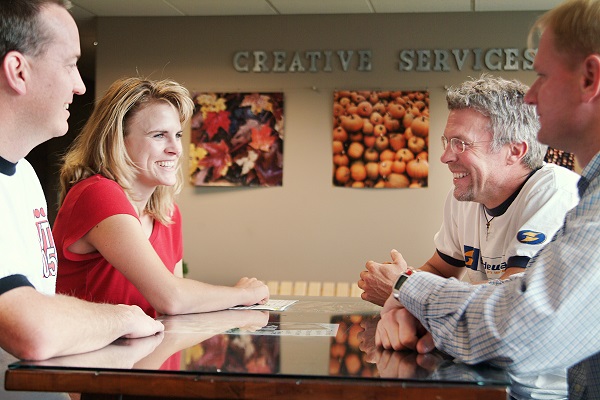By Bob D’Ambrosio
It’s the foundation for doing ministry. And when it’s broken, it’s hard to rebuild.
Trust is the critical component for healthy and effective ministry teams. “An environment of trust, especially when it comes from the leadership level, permeates all parts of an organization and allows every individual to flourish,” reports business strategist David Horsager in his research study The 2017 Trust Outlook: A look at the landscape and impact of trust from the boardroom to the living room.
Do these corporate principles transfer to the church world? Totally.
Horsager suggests eight pillars for building (or rebuilding) trust with the people you lead. Is your leadership defined by these attributes?
Clarity. People trust leaders who provide clear communication. Whether it’s vision for a new ministry, program goals, or an article in the church newsletter—make it clear.
Compassion. It’s why everyone likes Mother Teresa. You don’t have to be a saint to show people you care.
Character. Do what’s right, not what’s easy. This may be a deal breaker if you don’t show your team biblical integrity in the process.
Competency. You don’t have to be an expert in everything, but make sure you stay on top of your primary ministry focus. People tend to trust those who they know can do the job.
Contribution. People want to trust that you’ll get the job done. And done right. Don’t settle for less than your best.
Commitment. The best way to build trust is to keep your commitments. The strongest leaders in church history demonstrated an unwillingness to give in when things were tough, and so they were able to unite others in support of their mission.
Connection. It’s all about relationships. Connect with those you lead—as friends. Just as Jesus calls us “friends of God.” Team members will walk away from a task sooner than they’ll abandon a relationship.
Consistency. It’s why we trust fast-food chains. We get the same burgers in Tokyo as in Nebraska. Leadership consistency lets people know you’re dependable—so they’ll depend on you.
Ask your team members which of these trust-builders you demonstrate most often, and which ones need improvement. Your commitment to trust-building will model this value and create strong ministry teams.



